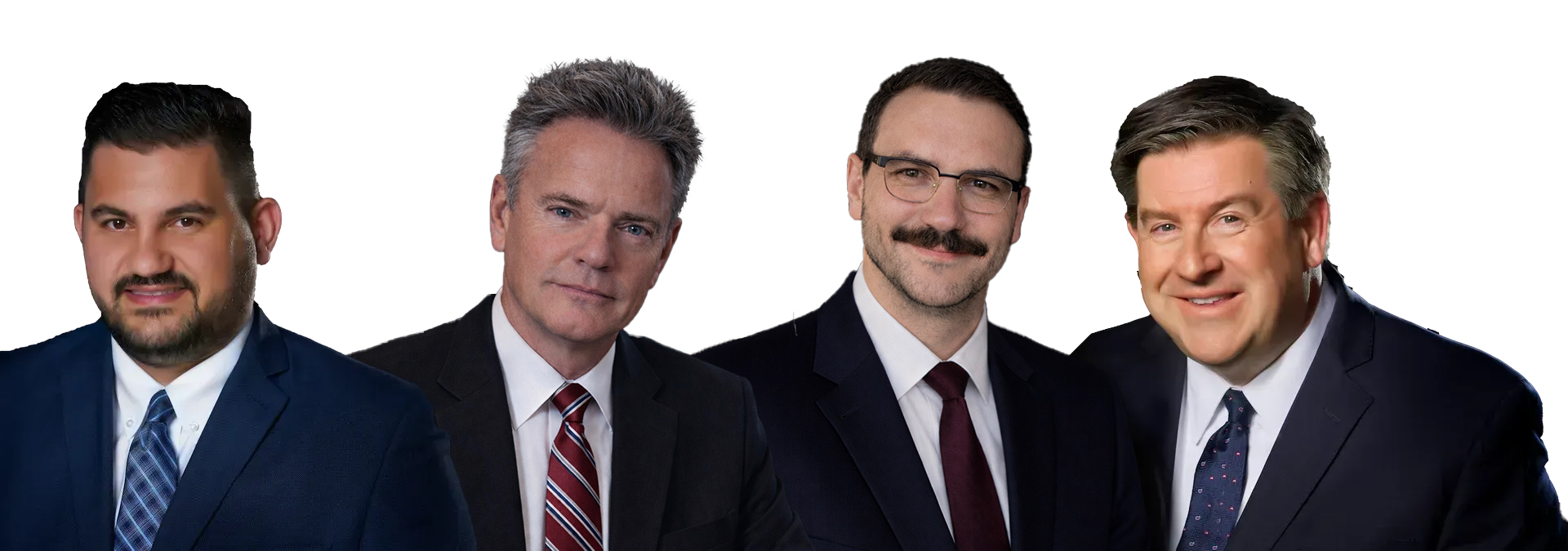YOUR FUTURE IS ALL THAT MATTERS

Using Minors in the Production of Prohibited Materials
Using minors in the production of prohibited materials is a third-degree felony punishable by fines up to $5,000 and prison time up to 5 years. Seek an experienced sex crimes attorney in Orlando, Florida, to help you build the best defense possible.
What is a Minor?
Legally speaking, a minor is anyone under the age where they would be considered an adult in the eyes of the law. The federal age of adulthood is 18 years old, and so anyone 17 years or younger would be considered a minor.
Some sex crimes may take into account a separate ‘age of consent,’ an age when a person is considered legally able to give their consent to sexual situations. For example, in some states, the age of consent is 16 years old, but the age of adulthood remains 18.
In Orlando, Florida, there is no separate age of consent, and anyone below the age of 18 is considered a minor.
What are Prohibited Materials?
Prohibited materials, in this case, refers to any content that is harmful to minors. In situations related to the sexual abuse or exploitation of minors, such content usually constitutes child pornography. However, Florida Statute 847.012 broadens the definition to include any visual representation that shows sexual conduct, sexual excitement, nudity, sexual battery, bestiality, or sadomasochistic abuse.
This statute also includes content that does not show an entire person, but parts of the body engaging in sexual conduct. For example, a video of a child’s hand performing sexual acts would fall under prohibited materials, even if the child themself is not shown.
Prohibited materials are most often either videos or photographs, but can also include rendered images, magazines, books, drawings, pamphlets, printed materials, movies, audio recordings, sculptures, etc.
Using Minors in the Production of Prohibited Materials
Florida Statute 847.012 directly refers to individuals who use a minor in the production of such prohibited materials. Essentially, it pertains to those who actually come into contact with minors in this process.
Violating Florida Statute 847.012 is a third-degree felony, and is punishable by up to $5,000 in fines and up to five years in prison.
Defense Restrictions for Using Minors in the Production of Prohibited Materials
While there are many defenses available to someone charged with using minors in the production of prohibited materials, a few are strictly unavailable. Florida Statute 847.012 specifically states that the defense may not argue a minor’s consent to the production of the content in question, nor may they claim the defendant had no knowledge of the minor’s age.
The former restriction essentially reinforces that a minor cannot consent to sexual situations. Therefore, regardless of how consenting or ‘willing’ the child is, using them to produce prohibited materials is still a crime.
The latter is a more serious restriction that impacts a larger percentage of cases. Florida Statute 847.012 outlines that the defendant may not claim they were unaware of the minor’s age, that they believed the minor to be of age, or that the minor misrepresented their age.
This puts the burden of ensuring all actors involved in the production of sexual material are of legal age on the creators of the material. If an actor says they are 18 but are not, a producer who allows them to be involved in an adult film can still be prosecuted under this statute.
How to Defend Against the Charge of Using Minors in the Production of Prohibited Materials
Despite the statutory defense restrictions, there are still plenty of options available for defendants.
The most common defense for these kinds of cases involves lack of evidence. By law, the burden of proof lies on the prosecution, as the defendant must be considered innocent until proven guilty.
For example, perhaps the date of production of the material in question cannot be confirmed. The prosecution therefore may not be able to prove that the person depicted in the material was a minor at the time of production.
Other defenses rely on mistakes in the investigation process, such as the failure to advise the defendant of their rights against self-incrimination or unreasonable search and seizure, mishandled evidence, etc.
Orlando Area Lawyers at the Ready!
With nearly two decades of experience, Hanlon Law will do everything in our power to defend your case. We’ll make sure you understand your charges, the possible outcomes, the best defense routes, and how to proceed. If you need a defense attorney in Orlando, Florida, or the surrounding area,
call us today.
Contact Us
Call Today







